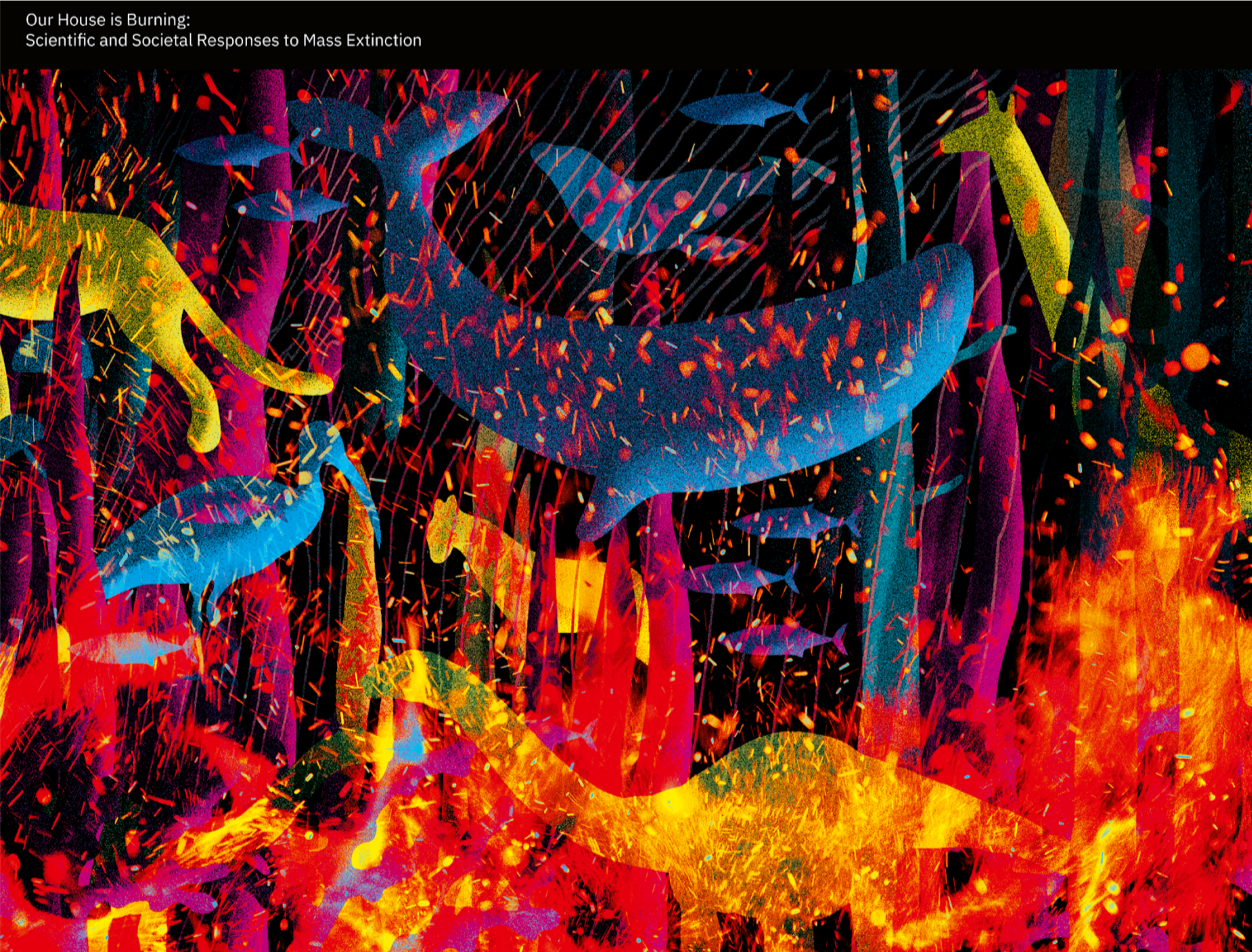Towards an Era of Science Activists?

June 5th is World Environment Day, and this year there is a clear message – that society should take “urgent action to protect biodiversity”[i]. But what does this mean in practice? If, like me, you feel that we are on the cusp of a sea change when it comes to talking about environmental issues, you may also spend a lot of time thinking about what on earth society can do to respond to the challenges of climate change or mass extinction.
It was, therefore, with interest that I came across the publication of the World Scientists’ Warning of a Climate Emergency[ii] (the ‘Warning’) in the journal of the American Institute of Biological Sciences (“BioScience”), which demands that scientists give their name to a “clear and unequivocal declaration that a climate emergency exists on planet Earth”. Published exactly 40 years after the first World Climate Conference in Geneva, the Warning now has over 13,500 signatories, who commit to the principle that scientists “have a moral obligation to clearly warn humanity of any catastrophic threat”, and to “tell it like it is”.
The Warning not only provides us with statistics, policy suggestions and solutions, but it is a rallying cry for society (and particularly scientists!) to take action. What I find so fascinating about this initiative is that it causes us to stop and think about our role in this debate. What part could, or should we play in issues affecting the future health of planet Earth? How does one reconcile or balance individual action with national or global priorities and policy decisions?
The Science & Society Programme provides a vehicle to explore exactly these kinds of issues through an EMBL lens – we seek to provide a neutral platform for multi-disciplinary dialogue on the ethical, legal and social implications of the life sciences, and in particular, of EMBL’s research.
In fact, the Science & Society 2020 Conference, “Our House is Burning: Scientific & Societal Responses to Mass Extinction”, will specifically address the topic of biodiversity. It will consider the impact of environmental changes on biodiversity, ecosystem services, and human well-being from a societal perspective. Crucially, focus will be placed on potential solutions and types of action: from activism to political strategies, and from local grass-roots conservation groups to global youth movements. It will also evaluate the application of intervention methods, from sustainability solutions to data science and beyond. And, this year, it will take place as a virtual event, with a flat fee of 20 Euros (and free to students under 18). Click here to sign up!
The issues in our upcoming Conference are clearly topical, and the Warning itself also focuses on ‘Nature’ as one of the six key steps for action – to “protect and restore Earth’s ecosystems”. EMBL’s activities and research also directly intersect with five of the six steps for action outlined in the Warning; Energy, Short-lived pollutants, Nature, Food and the Economy. As an organisation, it is, therefore, clear that EMBL has a part to play in this debate. The Green EMBL group was set up last year to lead EMBL’s activities in addressing its environmental impact. The group is bottom-up, and open to all EMBL scientists and staff who have an opinion, idea or desire to act to reduce the environmental impact of EMBL.
I am keen to hear from you. Did you sign the Warning yourself? How do you view your role as a scientist in this issue, and do you consider yourself a ‘Science Activist’? If you are willing to share your view on these questions, or want to know more about the Conference or other Science & Society events, please get in touch.

[i] https://www.worldenvironmentday.global/about/biodiversity
[ii] November 5th 2019, https://scientistswarning.forestry.oregonstate.edu/sites/sw/files/climate%20emergency%20Ripple%20et%20al.pdf